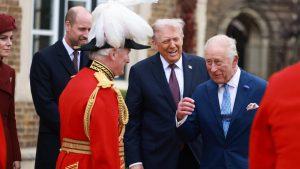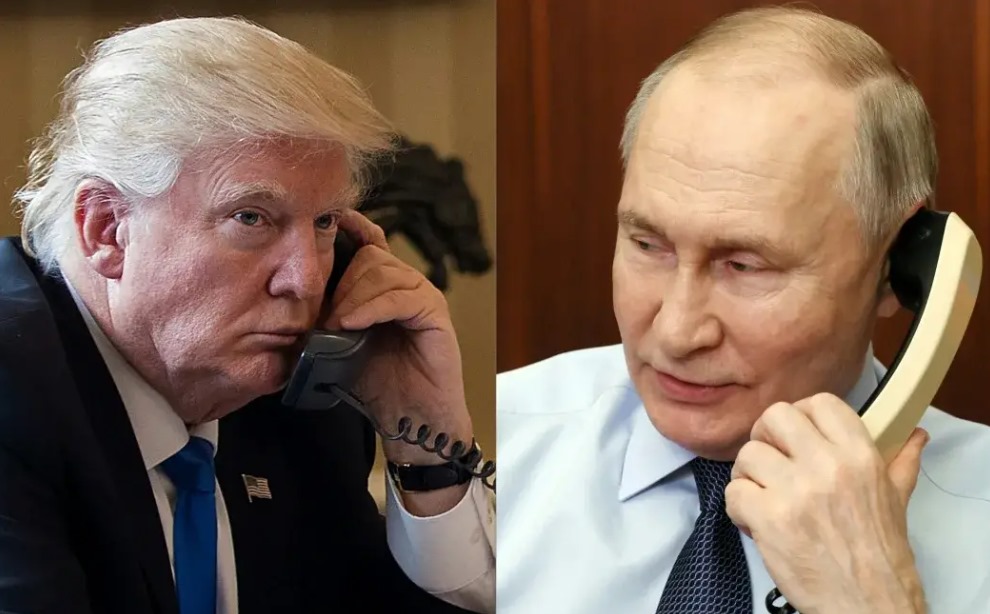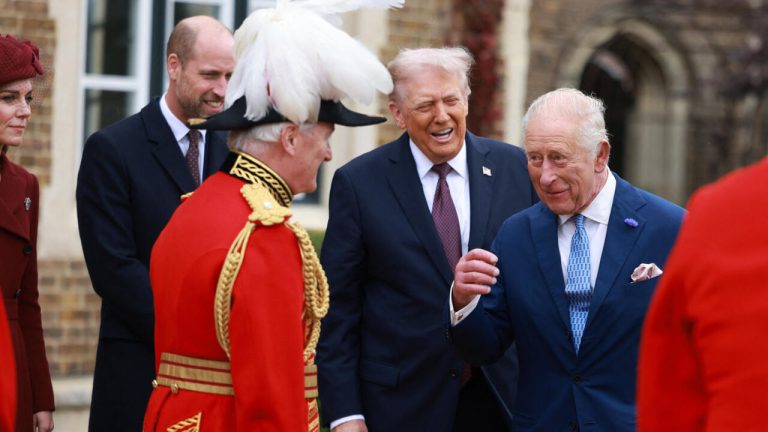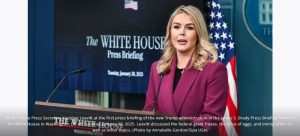In a development that underscores the continuing tensions in international diplomacy, U.S. President Donald Trump has expressed profound frustration with Russian President Vladimir Putin. Trump’s remarks come after Putin’s recent comments regarding Ukrainian President Volodymyr Zelenskyy, which have provoked a strong response from the former U.S. leader. In a series of interviews and public statements, Trump admitted that he was “very angry” and even “p*****d off” at Putin—a sentiment that was accompanied by a warning of potential secondary tariffs on Russian oil if no agreement is reached on halting the ongoing conflict in Ukraine.
This article provides an in-depth analysis of the evolving diplomatic interplay between the United States and Russia, focusing on the key moments, underlying tensions, and potential implications for the broader international community. By examining the context behind Trump’s remarks, Putin’s surprising openness to dialogue, and the strategic use of economic threats, we aim to shed light on the complex dynamics shaping U.S.-Russian relations in these turbulent times.
Background: The Shifting Landscape of U.S.-Russian Relations
In recent years, relations between the United States and Russia have been characterized by a mix of cooperation and confrontation. The legacy of past administrations, geopolitical rivalries, and differing approaches to international security have all contributed to an atmosphere of mutual suspicion. The situation in Ukraine, which has become a focal point of international debate, has further strained these relations. As Ukraine navigates its future amidst external pressures and internal challenges, the positions of both the U.S. and Russia have come under intense scrutiny.
During a notable public exchange on March 28, Russian President Vladimir Putin made headlines by critiquing the leadership of Ukrainian President Volodymyr Zelenskyy. In his comments, Putin suggested that the United Nations should assume temporary control over Ukraine by establishing a provisional government that would include oversight from both the United States and select European nations. This bold proposal, which was widely reported in international media, was met with swift and severe criticism from the United States.
Trump’s Fiery Response: A Candid Admission of Frustration
In response to Putin’s proposal regarding Ukraine, President Trump did not hold back his emotions. During an interview with NBC News, Trump condemned Putin’s remarks, stating that the comments were “not in the right location” and highlighting his own personal outrage by using strong language to describe his feelings toward the Russian leader. Trump’s statement that he was “p*****d off” at Putin resonated with many who have long perceived a deep-seated animosity between the two leaders—a dynamic that has been characterized by both personal and political rivalry over the years.
Trump’s outburst is significant not only for its blunt language but also because it underscores a broader shift in the tone of U.S.-Russian relations. While past interactions between American and Russian leaders have often been couched in diplomatic language, this recent admission marks a departure toward a more forthright expression of discontent. Trump’s acknowledgment of his anger also comes at a time when he has been vocal about his ability to quickly resolve conflicts—most notably his claims regarding the potential to end the war in Ukraine swiftly. However, his recent comments suggest that his optimism may be tempered by a growing impatience with Russia’s current stance.









